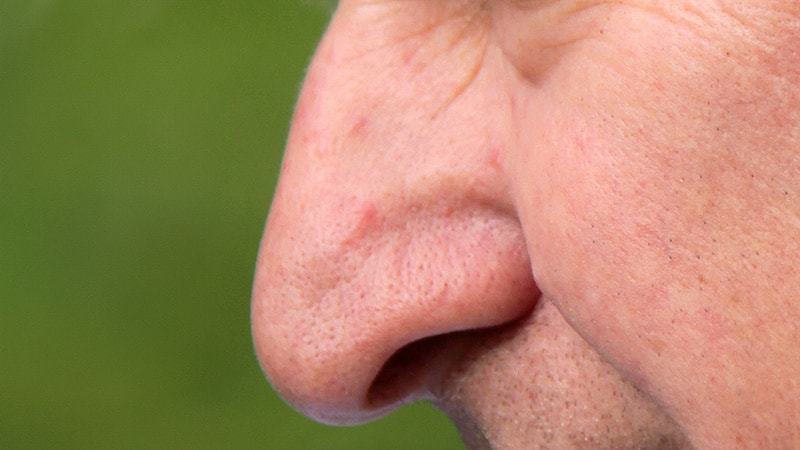Core Concepts
Most people recover their sense of smell and taste within 3 years after mild COVID-19 cases.
Abstract
The content discusses the recovery of smell and taste in individuals who have had mild cases of COVID-19. It highlights a study from Italy showing that the majority of people regain their senses within 3 years. Various treatments and psychological impacts are also addressed.
Study Findings
Majority recover smell and taste post-COVID.
Data from 88 adults with mild COVID-19 analyzed.
Participants tested for smell and taste perception.
Improvement in distinguishing odors over time.
3 years post-COVID, all had partial smell ability.
Treatment and Psychological Impact
Emerging treatments for smell loss discussed.
Psychological impact of smell loss highlighted.
Impaired smell affects daily activities.
Referral to mental health professionals recommended.
Treatments for Smell Loss
Platelet-rich plasma injection for smell repair.
Stellate ganglion block for parosmia.
Psychological health improvement noted in treatments.
Smell and Taste Usually Recover After COVID
Stats
"Three years after developing COVID-19 only 12 people had impaired smell, compared to 36 at year 1 and 24 people at year 2."
"More than 10% of people in the Italian study still had trouble with smell or taste 3 years later."
"A 2022 randomized trial showed platelet-rich plasma significantly outperformed placebo in patients with smell loss up to a year after getting COVID-19."
Quotes
"In the vast majority of cases, the loss of the sense of smell is not irreversible."
"It really has a significant psychological impact."
"It is almost always foul; this can profoundly affect someone's quality of life."
Key Insights Distilled From
by Marcus A. Ba... at www.medscape.com 11-09-2023
https://www.medscape.com/viewarticle/998297
Deeper Inquiries
How can the psychological impact of smell loss be effectively addressed in COVID-19 patients
The psychological impact of smell loss in COVID-19 patients can be effectively addressed through a multidisciplinary approach. Firstly, it is crucial for healthcare providers to acknowledge the distress caused by anosmia and dysgeusia and offer emotional support to patients. Referring individuals facing prolonged loss of smell or taste to mental health professionals for counseling and therapy can help them cope with the psychological challenges associated with these sensory impairments. Additionally, educating patients about the potential psychological effects of smell and taste loss, normalizing their feelings, and providing coping strategies can empower them to manage their emotional well-being effectively.
What are the potential long-term implications of smell and taste impairments post-COVID-19
The potential long-term implications of smell and taste impairments post-COVID-19 can have significant impacts on individuals' quality of life. Prolonged anosmia and dysgeusia can lead to social isolation, changes in dietary habits, and decreased enjoyment of food, which may contribute to nutritional deficiencies and weight loss. Furthermore, the psychological consequences of persistent sensory impairments, such as depression, anxiety, and decreased quality of life, can have lasting effects on individuals' mental health. Addressing these long-term implications may require ongoing support from healthcare providers, including access to specialized treatments and psychological interventions to improve patients' overall well-being.
How can diverse populations' experiences with COVID-19 impact the recovery of smell and taste differently
Diverse populations' experiences with COVID-19 can impact the recovery of smell and taste differently due to various factors such as genetic predispositions, underlying health conditions, and access to healthcare resources. Studies have shown that certain ethnic groups may be more susceptible to severe COVID-19 symptoms, which could potentially influence the recovery of sensory functions. Additionally, disparities in healthcare access and quality of care among different populations may affect the availability of treatments and interventions for smell and taste impairments post-COVID-19. Understanding these diverse experiences is essential for tailoring interventions and support services to meet the unique needs of individuals from various backgrounds and communities.
0
